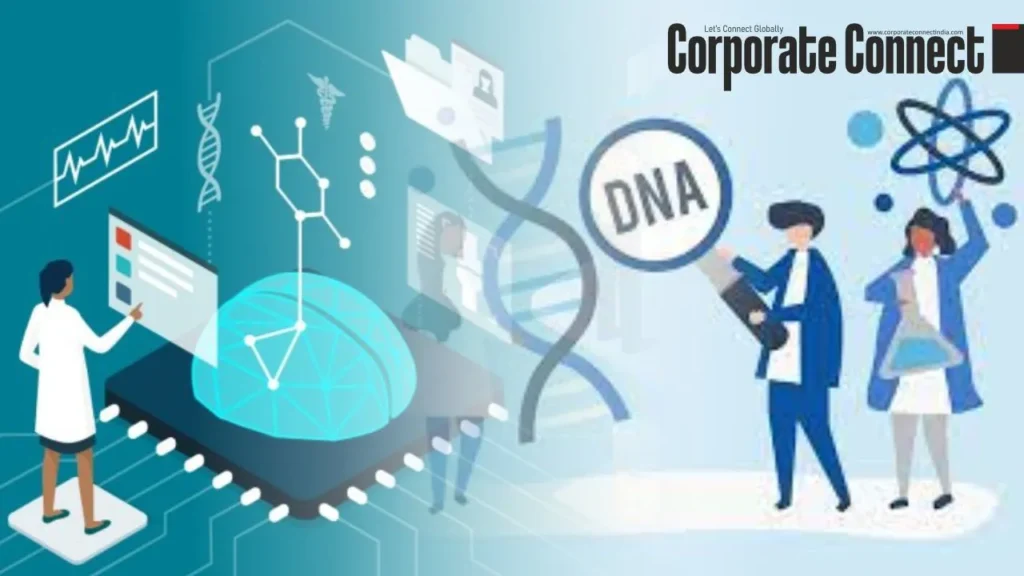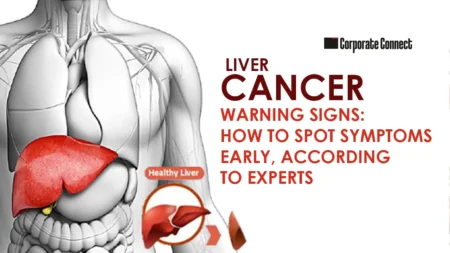5 Ways Technology Is Personalizing Healthcare
By: Geetanjali
Modern technology has revolutionised healthcare services, From remote monitoring to the use of AI in the diagnosis and lab testing of a disease.
Today’s healthcare is evolving rapidly, driven by modern technology. From digital health records to personalized medicine, here are five ways technology is reshaping patient care, putting individuals at the forefront of their wellness journey.
How is digital technology used in the healthcare sector? Let’s take a look at all the facets of technology in the healthcare sector.
01. Healthcare Applications and Portal for Patients:
Mobile applications in healthcare and portals for patients are transforming the medical care system by providing easily accessible medical facilities to the patients, like, booking an appointment, accessing medical records, being able to communicate with doctors, and track symptoms. All this will help patients to be involved in their healthcare journey, communicate effectively with their healthcare provider and track their overall development within the reach of their phone.
02. Clinical Data Management System or Electronic Health Records (EHRs):
Electronic Health Records are the new norm in the healthcare industry to store patients data. Long gone are the days when medical records were stored in the paper based format. Now with the EHRs it’s convenient to store a patient’s diagnosis, medications, test results, medical history, etc.
This patient data management system will allow healthcare workers to have a comprehensive look at the patient’s medical condition which will help them to create a personalised medical plan for their patients as per the requirements.
03. Remote Tracking and Telemedicine:
With the advancement in modern technology in healthcare, patients can now access and receive consultation from anywhere around the world, whether sitting in a flight or from the coziness of your place. Because of revolutionary e- features like, messaging through apps, video conferencing, patients can now consult with the healthcare service providers to get personalised healthcare experience even from the comfort of their homes.
And it also allows healthcare providers to track their patients medical history through remote monitoring, to tackle any deformities if found during the diagnosis to provide early intervention to the issue.
04. Use of AI in the Healthcare:
Accompanied by the new digital technology health sector has become more personalised with the advent use of Artificial Intelligence (AI). AI has made a significant impact in converting the diagnostic processes. AI can analyse medical documents including MRI, CT-Scan, X-Rays with exceptional precision, it also reduces human errors. AI helps healthcare to diagnose a patient flawlessly and develop a personalised treatment plan, eventually leading to a more efficient and effective care.
05. Genetics and Precision Medicine:
Genomic and precision medicine has reformed the healthcare by obtaining from an individual’s genetic data, with which healthcare service providers can develop a custumozied treatment plan. Study of genomes includes studying a patient’s genes to understand their history and causes for disease and how they will respond to treatment procedure.
Precision medicine concentrates on targeting and customizing healthcare using received data. Its main objective of precise medicine is to diagnose the illness, its treatment, and its prevention in a more customised, precise and predictive way.
Conclusion
In a nutshell, modern technology plays a crucial part in healthcare personalization, changing the way patients receive medical assistance and connect with their health care provider. From medical E-Records, telemedicine to genomic precision medicine, technology opens a new period of patient centric healthcare system that can be customised as per the need of an individual.
With the constant advancement in technology, the sky’s the limit for further advancement in medical care technology, promising a future where every patient receives an uniquely tailored health care plan.










